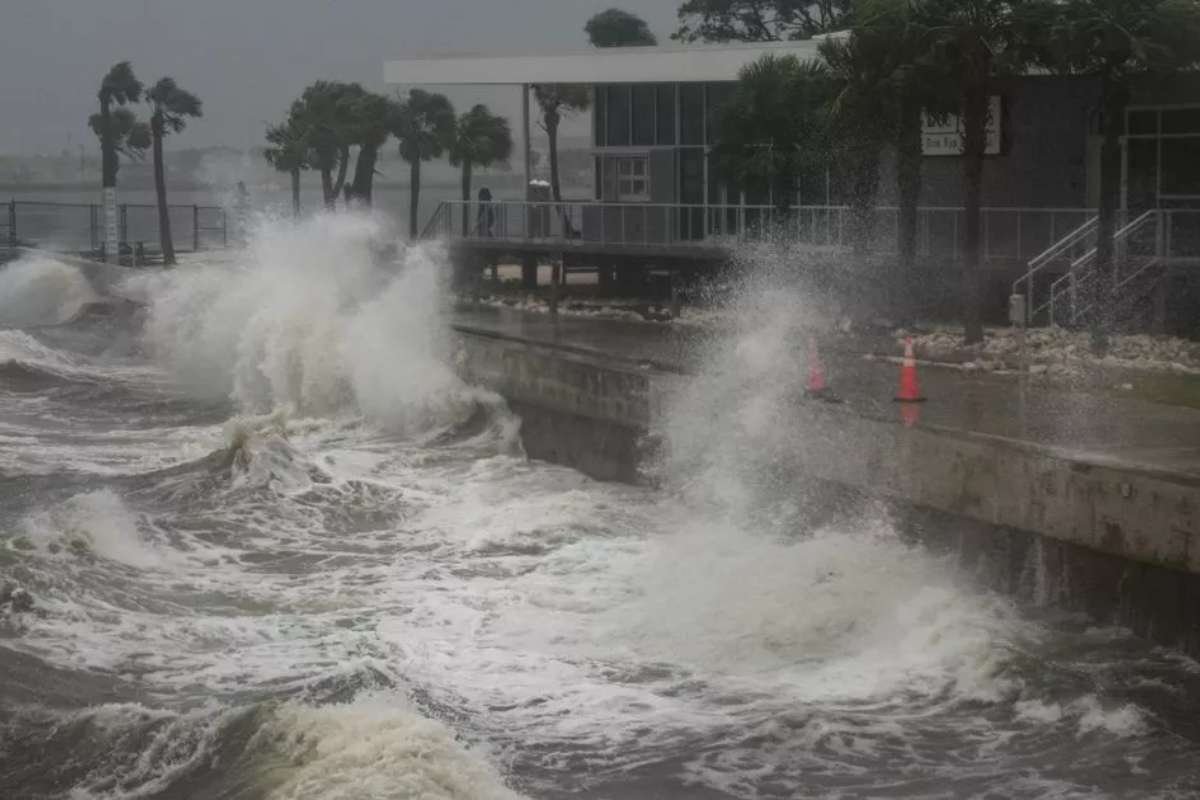(Source – manchestereveningnews.co_.uk)
Damage Less Severe Than Expected
Despite early fears and projections, Florida state officials are confident that Hurricane Milton will not destabilize the state’s already fragile insurance market. The storm, which hit as a Category 3 hurricane, caused significant destruction, resulting in the loss of at least four lives. However, property damage is not as severe as many anticipated.
Mike Yaworsky, Commissioner of Florida’s Office of Insurance Regulation, emphasized that the catastrophe feared by many was avoided. “It appears that the once in a lifetime catastrophe event was largely avoided,” Yaworsky said in a statement on Thursday. He expressed confidence that the state’s insurance market is strong enough to withstand the financial impacts of the storm, attributing this resilience to recent legislative reforms that have tightened regulations on lawsuits against insurance companies.
Although some analysts predicted severe financial repercussions, Yaworsky noted that the market is well-positioned to handle the situation, suggesting that the changes implemented to reduce litigation against insurers have fortified the industry. These reforms were key in stabilizing Florida’s insurance market, which had been through volatile periods in recent years.
Wall Street Predictions Dismissed by State Officials
As the damage is still being assessed, early projections from Wall Street raised alarms about the potential cost of the storm. Some financial analysts predicted that insured losses from Hurricane Milton could range from $50 billion to $175 billion, with concerns that such losses could cripple Florida’s small insurance companies. However, these projections were met with skepticism by state officials, including Governor Ron DeSantis.
“How the hell would a Wall Street analyst be able to know? It’s been dark all day,” DeSantis quipped when asked about the estimates on Thursday morning, indicating his belief that such predictions were premature. DeSantis emphasized the importance of waiting for more accurate damage reports before drawing conclusions about the impact on the insurance market.
One of the main concerns raised ahead of Milton’s landfall was its potential impact on Citizens Property Insurance, the state-run insurer with over 1.2 million homeowners’ policies. Many of these policies are concentrated in the areas hardest hit by the storm, including Sarasota, Manatee, and Hillsborough counties, where Citizens has approximately $88 billion in exposure. Despite these concerns, Citizens spokesperson Michael Peltier reassured the public that the insurer is in a strong financial position and will not need to levy additional assessments on policyholders to cover the storm’s claims.
Insurance Market Stabilization Amid Long-term Challenges
While Hurricane Milton’s damage appears to be manageable, Florida’s property insurance market has faced a rocky history of instability. Since Hurricane Andrew in 1992, the market has experienced numerous crises, with a major turning point occurring in 2017 when a long period without major hurricanes came to an end. As a result, premiums soared, and several companies exited the market.
In response to these challenges, Republican lawmakers and Governor DeSantis implemented reforms aimed at reducing litigation against insurance companies, which had been driving up costs. These measures have begun to stabilize the market, with some insurers requesting no rate increases or even small reductions this year. For example, USAA reaffirmed its commitment to continue doing business in Florida, further indicating the market’s stabilization.
However, despite these improvements, many homeowners have not seen significant reductions in their insurance premiums. This continues to be a major concern for Floridians, and lawmakers are under pressure to address the issue. State Representative Chip LaMarca recently expressed his intent to work with other lawmakers to find new solutions for Florida’s insurance challenges, posting on X (formerly Twitter), “We must fix it.”






